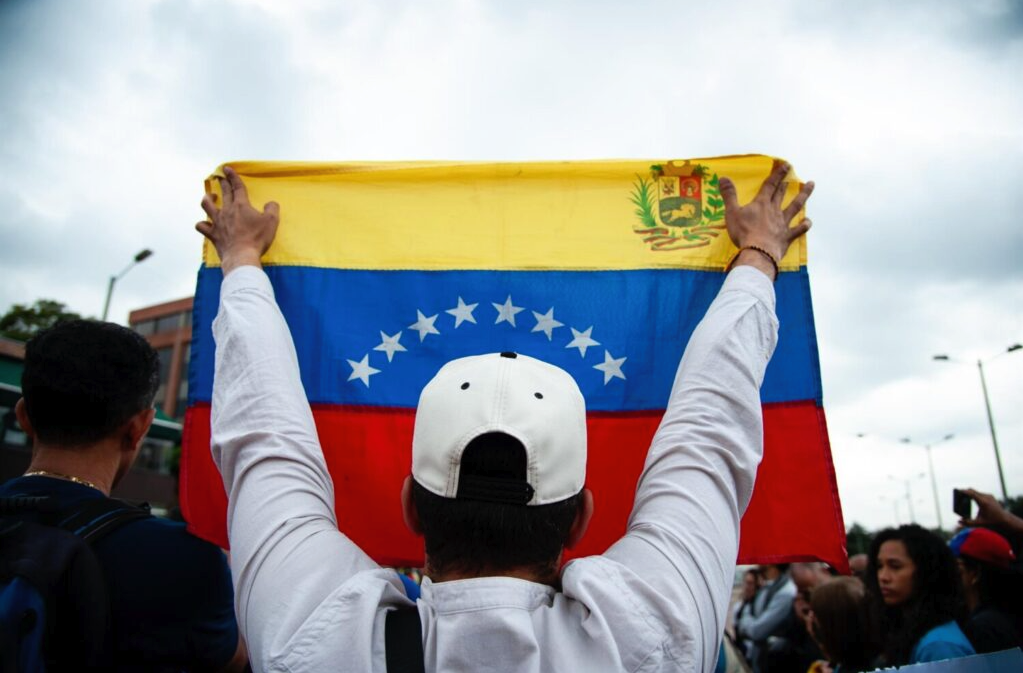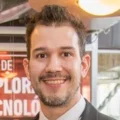It seems incredible, but there are only a few days left before Venezuela’s presidential elections. July 28 has become the clearest opportunity for democratic transition in the country, following a number of unsuccessful electoral and insurrectional attempts.
According to the British bank Barclays, there is a “significant possibility of a political transition” in Venezuela, which gains momentum as the election approaches and Edmundo González’s candidacy remains strong. But after numerous elections, fraud, insurrections and so on, how did we get here?
At the beginning of last year, the opposition was fragmented and demoralized, while the government, having already overcome the threat of the Interim Government led by Juan Guaidó, needed legitimacy to negotiate the lifting of sanctions, particularly those related to the oil sector.
Thus, the government—albeit reluctantly—supported the international community’s efforts, resulting in the Barbados Agreement: A roadmap for the opposition to participate in the 2024 elections under better conditions than in 2018. Recall that the results of the latter were deemed fraudulent by much of the international community and were therefore unrecognized, creating a legitimacy crisis for Maduro.
This agreement also established respect for the results of the opposition’s primary elections. Despite obstacles imposed by the government, including the confirmation of María Corina Machado’s disqualification, the refusal to support the election logistically and even threatening to block it, the leader of Vente Venezuela was acclaimed with over 93% of the votes in an exercise entirely organized by the opposition.
The confirmation of Machado’s disqualification forced the Unitary Platform to replace her candidacy. Although the government’s aim was to discourage participation and even provoke protests, the opposition followed the electoral path and designated academic Corina Yoris, who also could not be registered due to the National Electoral Council’s arbitrariness. Finally, the electoral authority allowed the registration of former ambassador Edmundo González outside the stipulated period—a character completely unknown at the time—to “reserve a place” for the opposition candidacy as a period for candidate substitution would open later.
However, the Unitary Platform ratified González’s candidacy and since then, María Corina Machado has carried the name and image of the former diplomat. According to some polls, Machado has almost entirely transferred her support to the former diplomat, who leads Nicolás Maduro by up to 30 points in voting intention.
Although the opposition has navigated government attacks with great flexibility and strategic coordination and, so far, remains competitive, this is an election in which the most fundamental democratic guarantees are clearly violated.
In addition to the illegal disqualification of Machado and other political leaders, millions of Venezuelans have been deprived of their right to vote. Due to obstacles in registering and updating voters’ data, only 508 people out of the five million Venezuelans residing abroad and eligible to vote could register, and 6,020 could update their data. This leaves the overseas voter registry at 69,211 voters. The number of excluded represents about 25% of the electoral register.
Voter registration in Venezuela was also restricted due to the short period for registration and updating as well as due to the limited number of centers and points for the special session. Therefore, millions of people could not register.
Electoral violence has been a constant. The opposition has been persecuted and criminalized. More than 50 people linked to the Unitary Platform or human rights organizations have been arbitrarily detained in the context of the elections, with many of them constituting enforced disappearances. Six members of Vente Venezuela have been asylum seekers at the Argentine Embassy in Caracas for over 100 days after arrest warrants were issued against them. Small business owners who have provided food, transportation, logistics, or catering services to María Corina Machado and her team have been sanctioned by the Venezuelan revenue service SENIAT and prevented from conducting their activities.
As usual, the government has used state resources and assets for campaigning. They have not hesitated to use the public media system to favor Maduro’s candidacy and attack the Unitary Platform’s, or to force state employees to attend campaign events.
Independent media, meanwhile, continue to suffer from censorship and dozens have been shut down by the National Commission of Telecommunications. However, some television channels have timidly broadcast opposition mobilizations and even interviewed candidate Edmundo González.
There have been significant failures in complying with the electoral schedule. Activities have not been publicized and above all, there has been no active campaign by the electoral body to promote voting. Instead, the process has been characterized by opacity and lack of information.
Some local electoral observers have participated in several audits remotely, although they are not officially accredited. The CNE revoked the invitation extended to the European Union to send an electoral observation mission, despite it being one of the commitments of the Barbados Agreement. Those who will attend are the Carter Center, with a mission of limited scope, and a panel of six United Nations experts. Both reports will be confidential.
With just a few days before the election, the electoral conditions are entirely unfavorable for the democratic sectors, yet they remain committed to the electoral path, supported by the majority of a population that no longer fears because they no longer have much to lose.
*Translated by Ricardo Aceves from the original in Spanish.













